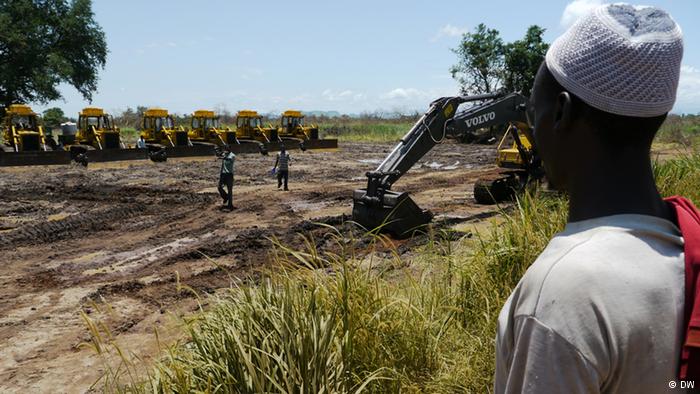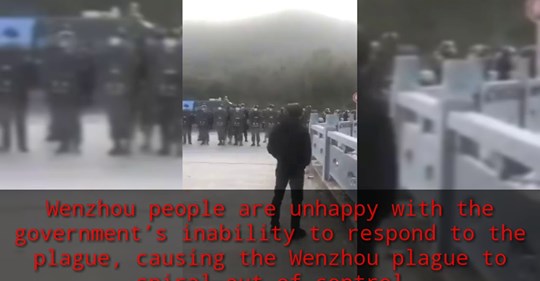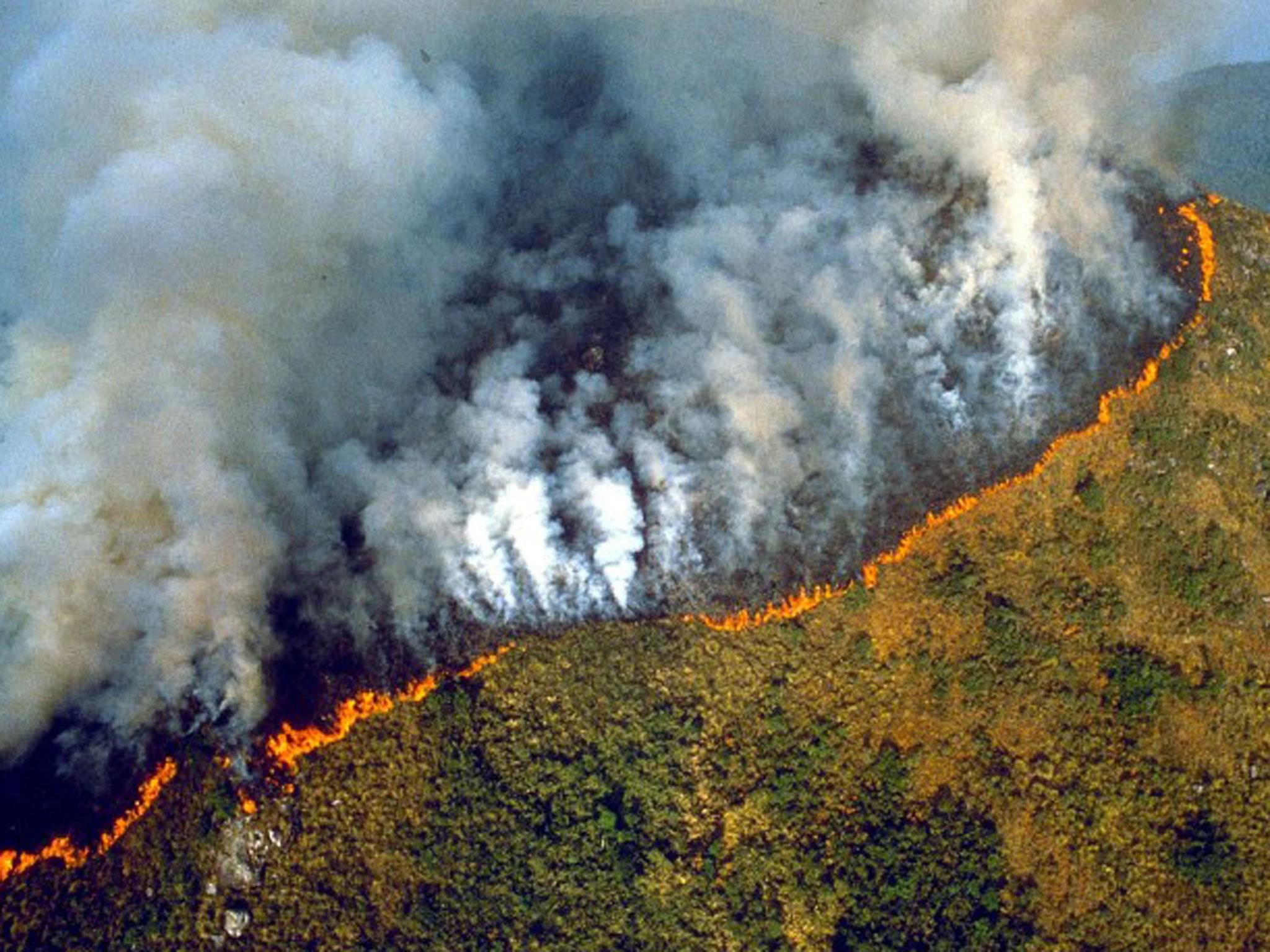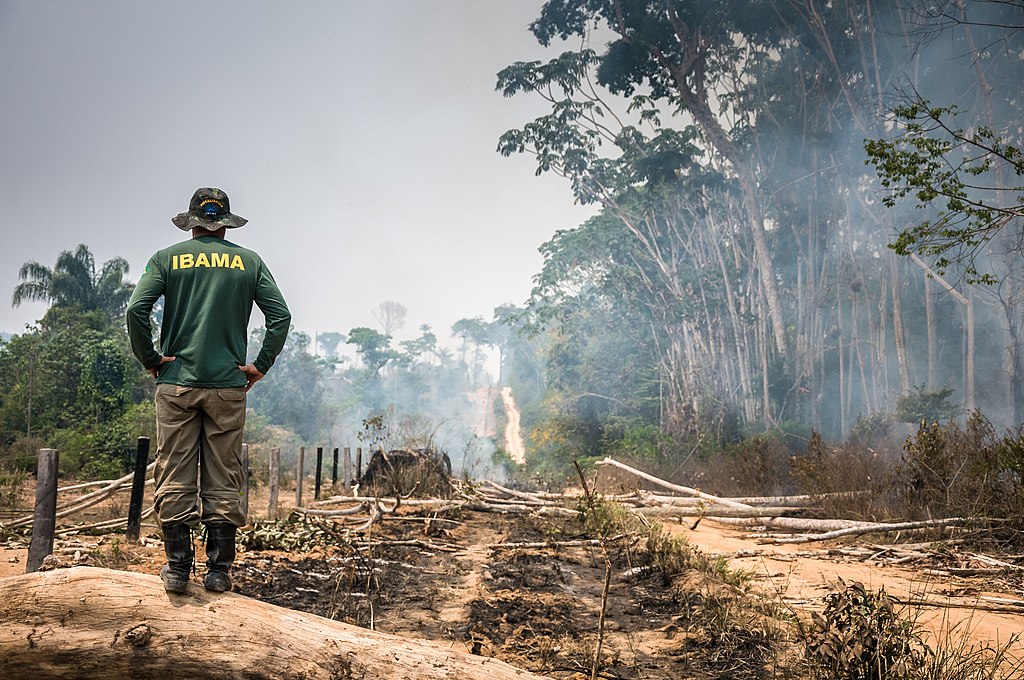
Destruction of nature linked to new pandemics
Leaders from the UN Convention on Biological Diversity, the World Health Organization and the World Wide Fund for Nature joined to issue a stark warning that pandemics such as COVID-19 are a direct result of the destruction of nature caused by human activity. In an op-ed published by The Guardian, top figures from each organization state that the destruction of forests and other habitats, coupled with trafficking in wildlife, is causing a growing number of animal diseases to migrate to human hosts. In a call to action ahead of the UN Biodiversity Summit, the three representatives cite prior examples of environmental destruction that triggered new virus outbreaks in humans. (Photo: Schadomski/DW, used with permission)








